New Delhi: Addressing concerns over the proliferation of vulgar and sexually explicit content on social media, Union Minister for Railways, Information & Broadcasting, and Electronics & IT Ashwini Vaishnaw emphasised the urgency to strengthen existing laws to counter such misuse effectively in the Parliament.
The statement came during a question hour in the Lok Sabha, where BJP MP Arun Govil raised questions about the mechanisms to regulate objectionable content on social media platforms.
Questions Raised in Lok Sabha
Govil sought clarity on the existing mechanism to curb the illegal telecast of vulgar and sexually explicit content through social media platforms and whether the government intends to introduce stricter laws, given the current laws’ perceived ineffectiveness in addressing the issue.
In response, Vaishnaw acknowledged the gravity of the issue, stating, “This is a serious concern, and there is a need to make the existing laws stronger to address these challenges.”
He stressed that the matter requires collective efforts and suggested that the Parliamentary Standing Committee should take it up. Highlighting the lack of editorial checks that previously monitored content, the Minister noted that earlier, there were editorial checks, and it was decided whether something was right or wrong. But those checks have ended. Today, social media is a platform for freedom of the press, but it is uncontrolled, and there is vulgar content.
Vaishnaw called for a consensus to frame more stringent regulations to prevent misuse of these platforms, ensuring a safer digital space for users, particularly children and vulnerable groups.
IT Rules 2021: Existing Mechanism to Address Vulgar Content
The regulation of digital content currently falls under the Information Technology (Intermediary Guidelines and Digital Media Ethics Code) Rules, 2021. These rules provide a framework for addressing harmful and explicit content:
- Social media platforms are mandated to act within 24 hours of receiving complaints regarding content that exposes private areas, depicts full or partial nudity, or portrays sexual acts.
- The rules explicitly prohibit hosting or sharing content deemed “defamatory, obscene, pornographic, pedophilic, invasive of privacy, insulting or harassing on the basis of gender, or racially or ethnically objectionable.”
According to the IT Rules, “The intermediary shall inform users through its terms of service not to host, display, upload, publish, or share information that is obscene, pornographic, invasive of privacy, or harmful to children.” The rules also mandate swift removal of content that involves impersonation, morphed images, or explicit material within 24 hours of a complaint.
Future Actions
While the IT Rules 2021 provide a legal framework, Vaishnaw’s remarks underscore the growing demand for stricter enforcement and updated laws that reflect the evolving challenges posed by social media platforms. He reiterated the importance of ensuring that the digital space remains a platform for free expression without compromising societal values or safety.
This push for stronger regulations marks a significant step in addressing concerns about unchecked vulgar content, reaffirming the government’s commitment to maintaining ethical standards in India’s digital ecosystem.
Also Read –













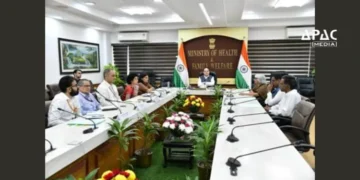





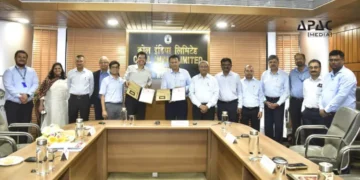
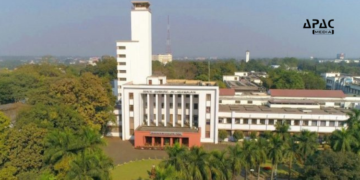
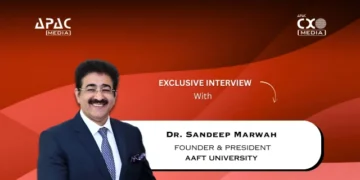


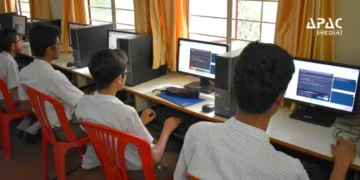

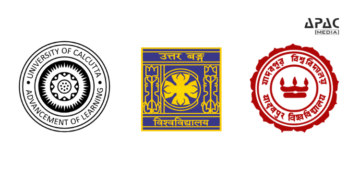

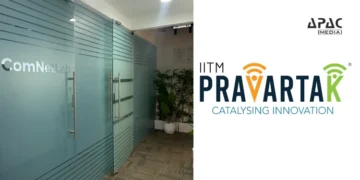

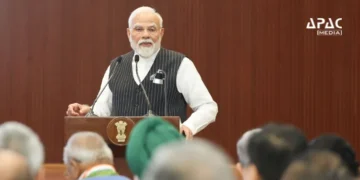

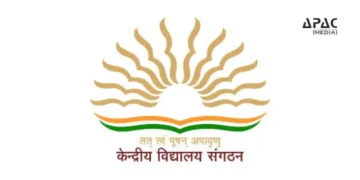

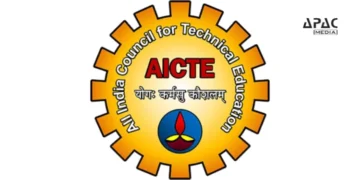


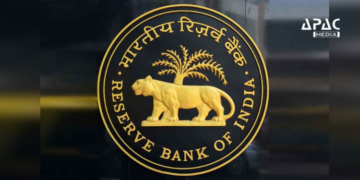
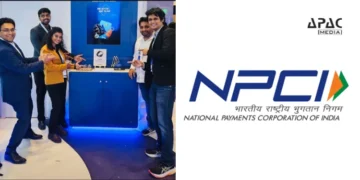




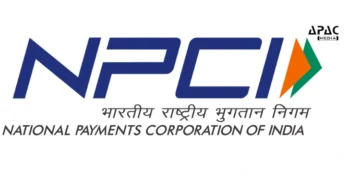


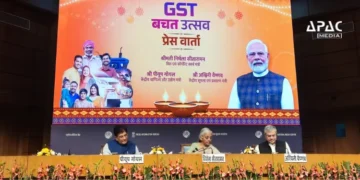
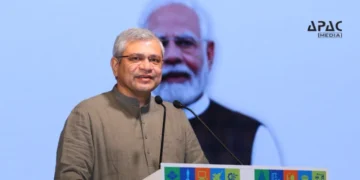
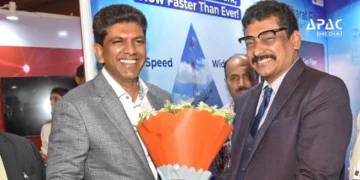
















Discussion about this post